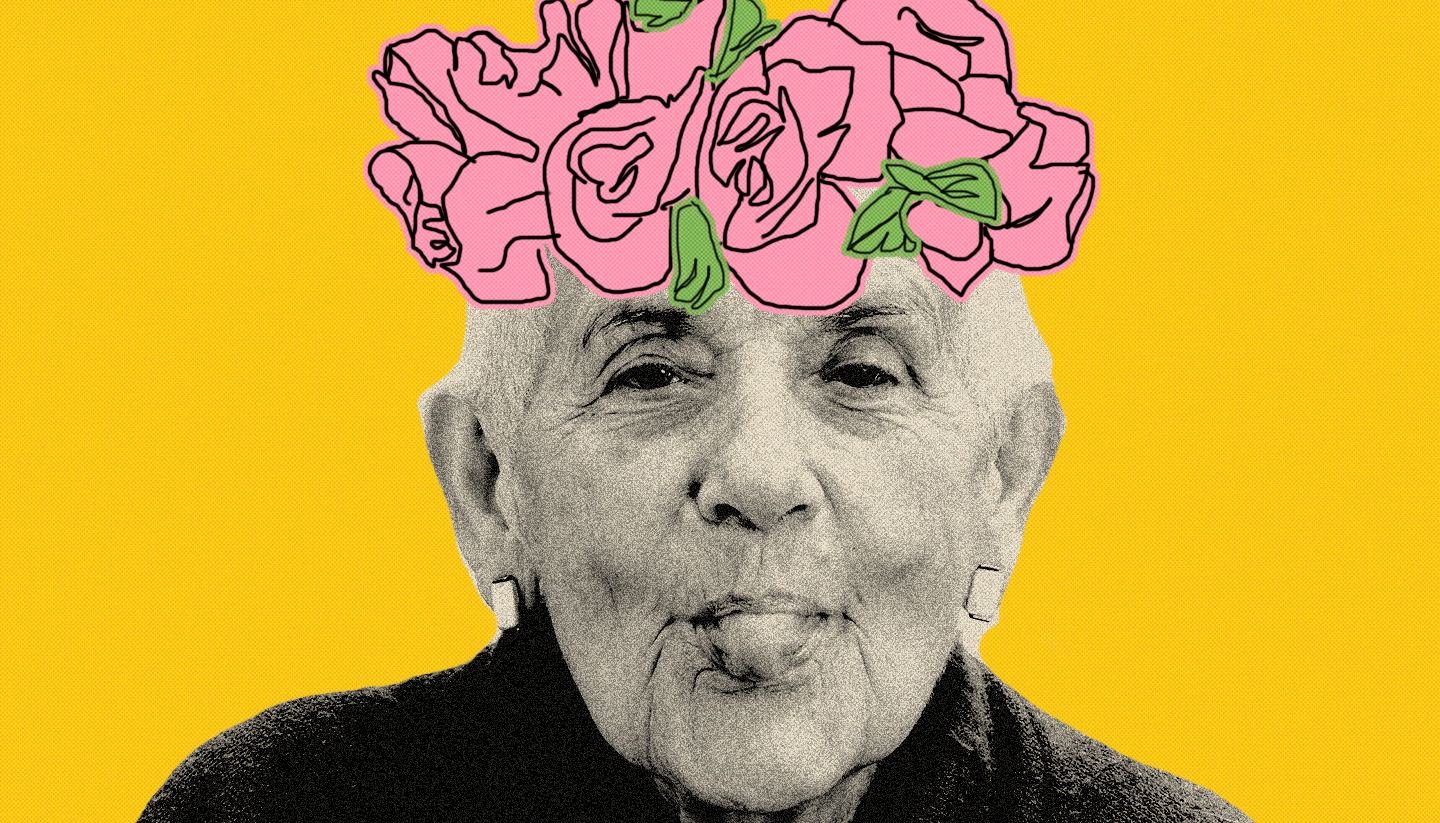Our Humor Doesn't Retire program is for people 55 and older who are interested in meeting new people and learning the art of improvisation. Have you always loved comedy? Do people tell you you’re funny? Do you just want to do something active and have fun with other people? Then this class is for you! This is a great opportunity for those who want to learn and improvise with people who share a similar life experience and reference level. These classes are taken at a more relaxed pace. Less emphasis is placed on movement and physicality so it is open to those who may have reduced mobility or physical limitations.
Humor Doesn't Retire is open to people 55 and older. No previous acting or improv experience is required. You will learn the basics of stage presence, character development, improv games, and scene work. Classes start with very basic exercises, training, and confidence building, but by the end of the fifth level you will have completed a fully comprehensive improv training program.
Humor Doesn't Retire: Level 1
In Humor Doesn't Retire Level 1, students start to learn the skills needed to create strong improvised scenes. Some of these skills include building ensemble, giving and taking focus, object work, and, one of the most crucial fundamentals of improv, the concept of “yes, and.”
Students get up and play a variety of exercises and games, many developed by Viola Spolin, whose son, Paul Sills, was one of the founders of The Second City. These exercises and games train the analytical side of the brain to focus on simple goals, freeing the creative side and silencing the negative thoughts that can make us freeze in performance (or in life, for that matter). These games are high energy cooperation and a ton of fun to play.
Humor Doesn't Retire: Level 2
Humor Doesn't Retire Level 2 introduces students to the skills needed for scene work, the backbone of what we do at The Second City.
Students build upon the skills they learned in the first level and start learning how to improvise scenes. Strong, relationship-based scene work is the backbone of the work we do at The Second City. Students learn the skills crucial to scene work, including emotion, listening, and transformation, as well as continue to hone skills learned in Level 1, like ensemble, object work, and “yes, and.”
Students continue to play the types of exercises and games played in Level 1, which emphasize ensemble building and freeing the creative, non-judgment part of the brain. Students also begin to improvise scenes, exploring exercises that isolate the different skills needed for successful scene work. Students also learn by observing classmates performing scenes, and receiving and observing instructor feedback.
Humor Doesn't Retire: Level 3
Humor Doesn't Retire Level 3 introduces students to the skills needed for character work, an element essential to dynamic improvised scenes.
Students learn how to improvise characters. They explore creating characters through internal motivations, like point of view, status, wants and intentions, and external ones, like experimenting with physicality. Students also continue to explore scene work, learning how to perform three-person scenes, how to find the beats of scenes, and how to understand and apply subtext to scenes. They learn how to make choices in scenes that help define their character.
Students complete active exercises that help them explore different ways to create and sustain characters. Students also continue to hone the skills necessary for doing strong scene work and building ensemble.
Humor Doesn't Retire: Level 4
Humor Doesn't Retire Level 4 reinforces the skills needed for strong scene work.
Students explore advanced-level scene work. They focus on synthesizing all the elements that go into strong, well-rounded, dynamic scenes: character, emotion, ensemble, environment, relationship, status, transformation, and more. Students also continue to learn how to improvise group scenes, and receive an introduction to scene styles and genres.
Students dive deeper into scene work, performing exercises that focus on the individual elements that make up successful scenes. Through repetition, observation, and feedback from the instructor, students become comfortable with creating scenes with strong characters, relationships, and a clear beginning, middle, and end. Students also learn several performance improv games, eventually gaining the skills to introduce, run, and perform several games.
Humor Doesn't Retire: Level 5
Humor Doesn't Retire Level 5 is the culmination of all skills learned in Levels 1-4. The skills learned in this class help students succeed in future improv classes and performance, should they choose to pursue them.
Level 5 is all about performance. Students take everything they have learned and use those skills to put together a fully improvised show for friends and family. They learn multiple aspects of improv performance, including communicating with an audience, engaging in a rehearsal process, and introducing, running and executing their own show.
Students revisit improvised performance games they learned in earlier levels, as well as learn brand new games. The focus in Level 5 is on performing those games for an audience. Students also learn how to introduce games and call the end of them. With instructor guidance and feedback, students engage in a rehearsal process for a show they eventually run themselves.

 Shows & Tickets
Shows & Tickets  Chicago Venue Info
Chicago Venue Info  Classes & Education
Classes & Education  Second City Works
Second City Works  Second City Network
Second City Network  Our Legacy
Our Legacy 




